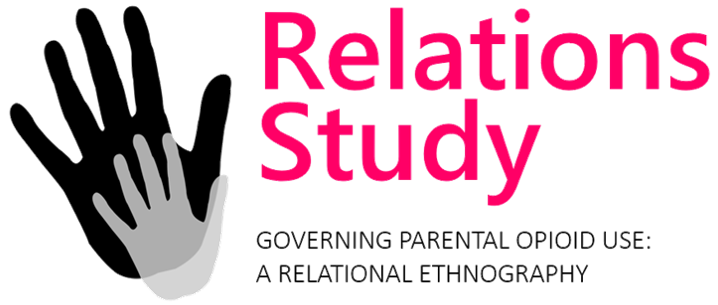Abstract title: Drug testing parents: Findings from UK children’s and family social work services
Abstract
Background: Drug testing is commonly used across Europe as a decision-making tool in child welfare assessments where parents are known or suspected of using drugs. Although the accuracy of drug testing has frequently been called into question, little attention has been given to the status of drug testing as evidence in child welfare practice or how parents experience the interpretation of test results. This paper uses Desmond’s Relational Ethnographic approach to critically explore the context and decision-making process of drug testing, identifying when and under what conditions parental drug testing is carried out by children and family social workers in England and Scotland.
Methods: We draw on ethnographic data from a study examining the governance of parental opioid use in Scotland and England, enrolling 12 drug services and 30 families. It includes extensive observational notes, key informant interviews, and a professional focus group discussing parental substance use testing. Data captures substance use consultations in family homes, in-service meetings with parents who use substances, team leadership meetings, and social work case discussions. Data were thematically analysed.
Results: A “positive” test result is frequently taken as proof of poor parenting and can influence child protection and guardianship decisions. Several themes arise from this study, including social workers’ decision to test based on assumptions, client history, or ‘hunches’ outside their professional training. Testing was carried out when providers feared clients were being untruthful or manipulative, underpinned by the anxiety of missing the potentially harmful effects of drug use on children. The decision to test was influenced by parents’ desire to demonstrate abstinence and was mandated by judges in children and family courts, who do not always have the knowledge to interpret drug screening results. Testing was affected by the level of rapport service providers had with parents and was sometimes stopped in situations where clients became distressed.
Conclusions: Children and family social workers face distinct challenges under more assertive child protection conditions when supporting parents and families impacted by substance use. Drug testing has become a common tool for decision-making around child safeguarding, yet providers’ decisions to test are influenced by a range of personal, social, and relational factors. Furthermore, in cases where parenting capacity was being assessed, drug testing had a collateral effect on the client-provider relationship in other substance use support settings that might have wide-ranging consequences for parents engaging in a continuum of drug treatment and support services.
